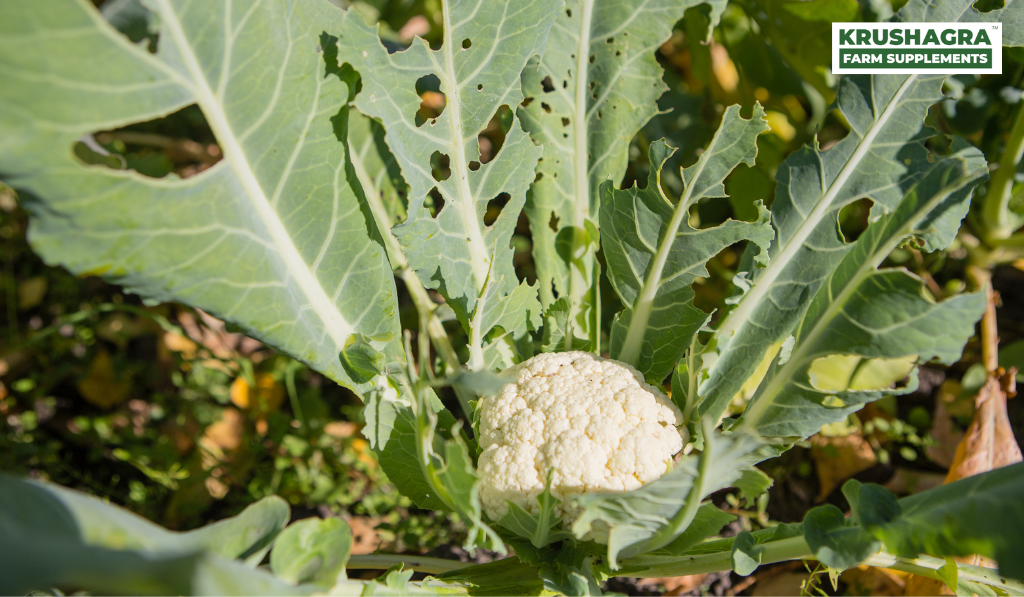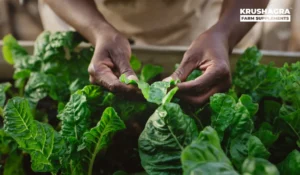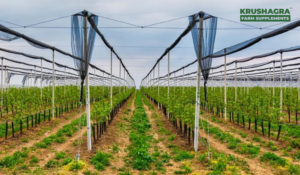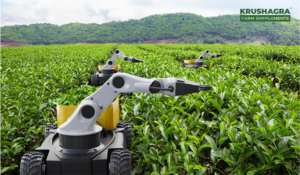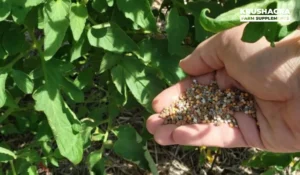Prelude:
In recent years, the agricultural industry has witnessed a significant shift towards sustainability and environmental friendliness. One of the practices that is becoming important is the use of biopesticides in pest control. Cabbage and cauliflower, two commonly grown cruciferous vegetables, often face a wide variety of pests and diseases.
Cabbage and cauliflower, belonging to the cruciferous family, are prized for their nutritional value and versatility in the culinary world. However, these crops are not immune to challenges posed by a variety of pests and diseases that can wreak havoc on their growth and yield. As the agricultural landscape moves towards sustainability, the role of biopesticides in pest management in cabbage and cauliflower production is becoming increasingly important. In this blog, we explore how biopesticides are becoming the cornerstone of sustainable pest management for these cruciferous crops.
The Pests That Plague Cabbage and Cauliflower:
Cabbage and cauliflower crops encounter a host of pests that can undermine their health and productivity. Among the most notable culprits are:
- Cabbage White Butterfly: The adult butterfly lays eggs on leaves, and the voracious caterpillars that hatch from these eggs can strip the foliage, compromising the plant’s ability to photosynthesize effectively.
- Aphids: These tiny insects sap the plant’s nutrients by piercing the leaves and stems, causing stunted growth and leaf distortion. Additionally, aphids can transmit harmful plant viruses.
- Diamondback Moth:The larvae of this moth chew small, irregular holes in the leaves, leading to a weakened plant structure and reduced yield.
- Cabbage Root Maggot: The larvae of these flies feed on the roots, causing wilting and yellowing of the plant, often leading to plant death.
The Power of Biopesticides in Pest Control:
Biopesticides provide an arsenal of tools for cabbage and cauliflower growers to control these pests while promoting sustainable practices:
- Bacillus thuringiensis (Bt):Bt-based biopesticides contain specific proteins that are toxic to certain pests, such as caterpillars such as the diamondback moth and the cabbage moth. When ingested, these proteins disrupt the caterpillar’s digestive system, leading to their death.
- Beauveria bassiana and Metarhizium spp. :These insect pathogenic fungi attack insects by contact, infecting and effectively infecting pests such as aphids, caterpillars and even whiteflies.
- Neem Oil:Extracted from the neem tree, neem oil acts as a repellent, antinutrient and growth regulator, providing protection against a variety of pests including aphids, cabbage caterpillars and cabbage whiteflies .
- Microbial Nematodes:Nematodes, such as Steinernema spp., are microscopic worms that parasitize soil-dwelling pests, such as cabbage maggots. They enter the pest’s body and release host-killing bacteria, providing a natural solution for the subterranean pest.
Sustainability at its Core:
The utilization of biopesticides aligns with the principles of sustainable agriculture in cabbage and cauliflower production:
- Reduced Environmental Impact: Biopesticides are inherently less toxic to beneficial insects, birds, and aquatic life, minimizing harm to the ecosystem.
- Preserving Beneficial Predators: Unlike chemical pesticides that can indiscriminately eliminate both harmful and beneficial insects, biopesticides allow natural predators to thrive, creating a balanced ecological environment.
- Residue Management: Biopesticides break down more rapidly than conventional pesticides, leaving minimal residues on harvested produce and ensuring consumer safety.
- Integrated Pest Management (IPM): Biopesticides seamlessly integrate with other pest management strategies, such as crop rotation, trap crops, and beneficial insects, promoting a holistic approach to pest control.
Conclusion:
As the demand for sustainable agricultural practices grows, cabbage and cauliflower producers are turning to biopesticides to mitigate the challenges posed by pests while maintaining ecological balance. These natural alternatives embody the harmony between nature and farming, providing effective pest management without compromising the environment or the quality of the produce. By embracing the power of biopesticides, we can safeguard the health of our cruciferous crops, our ecosystems, and our future generations.

